Zimbabwe has cut poverty by nearly half since 1995, President Emmerson Mnangagwa told the World Summit for Social Development in Doha yesterday, describing it as one of Africa's most significant success stories in improving living standards.
Addressing world leaders at the high-level meeting, the President said poverty levels in Zimbabwe had declined from 62 percent in 1995 to 38,3 percent in 2019, while primary school enrolment reached 88 percent, and life expectancy rose to nearly 65 years. The gains, he said, were achieved despite challenges such as climate change, limited access to finance, and economic sanctions imposed by Western nations.
"These achievements are the product of people-centred policies and programmes that prioritise equality, social justice and development for all," said President Mnangagwa. "Our Constitution enshrines these principles, and they are operationalised through Vision 2030 and the National Development Strategy."
He cited government initiatives such as the Basic Education Assistance Module (BEAM), which pays school fees for 1,5 million children annually, including those with disabilities; the Health Assistance Fund, which provides access to healthcare for vulnerable groups; and the country's climate-smart agricultural policies that have improved food security and rural livelihoods.
The President also noted that Zimbabwe is now self-sufficient in wheat production and has achieved successive bumper harvests in cash crops such as tobacco, which continue to improve household incomes.
Mnangagwa said that while progress was evident, Zimbabwe's development was constrained by what he described as "coercive measures and unilateral sanctions" and an unequal international financial system. He called for reforms to the global financial architecture, debt relief, and equitable access to development finance in line with the Seville Commitment on Financing for Development.
"Zimbabwe calls for reform of the international financial architecture, debt relief and enhanced development financing," he said. "Progress remains constrained by sanctions, climate shocks and restricted access to development finance."
He added that job creation and decent work remain central to Zimbabwe's development strategy, supported by policies such as the National Employment Policy Framework and the Decent Work Country Programme. According to the 2024 Labour Force Survey, the national unemployment rate stands at 20,5 percent, down from over 30 percent in the mid-1990s.
"Our focus is on promoting enterprise development, skills training and infrastructure investment," he said. "We are also modernising our Labour Act, strengthening inspection systems and promoting social dialogue through the Tripartite Negotiating Forum."
The President said social inclusion and equality were constitutional imperatives, pointing to policies such as the National Social Protection Policy, Disability Policy, Gender Policy and the Devolution Framework, all aimed at empowering communities and ensuring no one is left behind.
He highlighted Zimbabwe's "Heritage-Based Education 5.0" model, which promotes innovation and entrepreneurship, and institutions such as the Women's Bank and Youth Empowerment Bank, which provide concessional loans to support start-ups and small businesses.
"Women now hold leadership roles in every sector of society, reflecting progress toward gender parity," Mnangagwa said. "Our development philosophy entrenches the belief that building, modernising and industrialising our country is the responsibility of all citizens."
He also stressed the importance of the family unit as the foundation of social cohesion, calling for empowerment of women and youth to drive inclusive growth.
During his address, President Mnangagwa appealed for international backing for Zimbabwe's bid for a United Nations Security Council non-permanent seat for the 2027–2028 term.
"Let the Doha Declaration reignite hope for the many peoples of the world still waiting for justice and dignity. Let it affirm that development is not a privilege but a universal right," he said. "Zimbabwe stands ready to work with all nations to build a peaceful, just, and inclusive world. To this end, we have submitted our bid to join the UN Security Council, and we count on your support."
On the sidelines of the summit, the President held a bilateral meeting with the Prime Minister of Qatar, Sheikh Mohammed bin Abdulrahman Al Thani, and later participated in a roundtable discussion on strengthening the three pillars of social development: poverty eradication, full and productive employment, and social inclusion.
He said these pillars were "foundational for people-centred development and lasting prosperity," adding that Zimbabwe's Vision 2030 and national strategies are designed to achieve precisely that through bold and transformative policies.
- The Herald
 Zimbabwe announces strict enforcement of axle load limits
Zimbabwe announces strict enforcement of axle load limits  SA decry 'non-existent' Beitbridge border post security
SA decry 'non-existent' Beitbridge border post security  Millions celebrate Diwali festival in India
Millions celebrate Diwali festival in India  Zimbabwe's dollar stock exchange surges 45%
Zimbabwe's dollar stock exchange surges 45%  Gold edges up as traders await guidance
Gold edges up as traders await guidance  Karo Platinum Project capex rises to US$546m
Karo Platinum Project capex rises to US$546m  Young Investment Professional (YIP) Graduate Programme 2019
Young Investment Professional (YIP) Graduate Programme 2019 
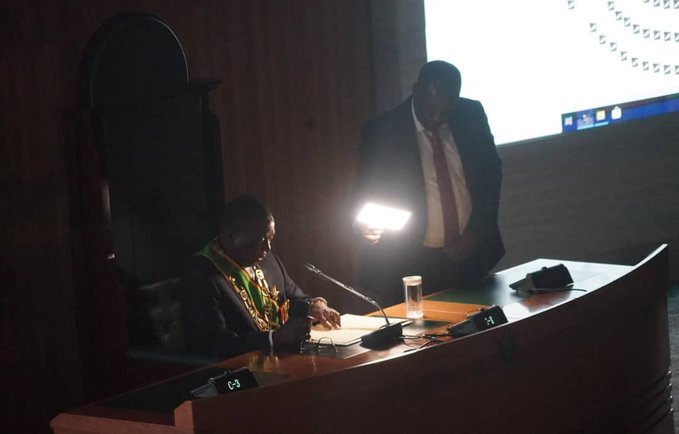
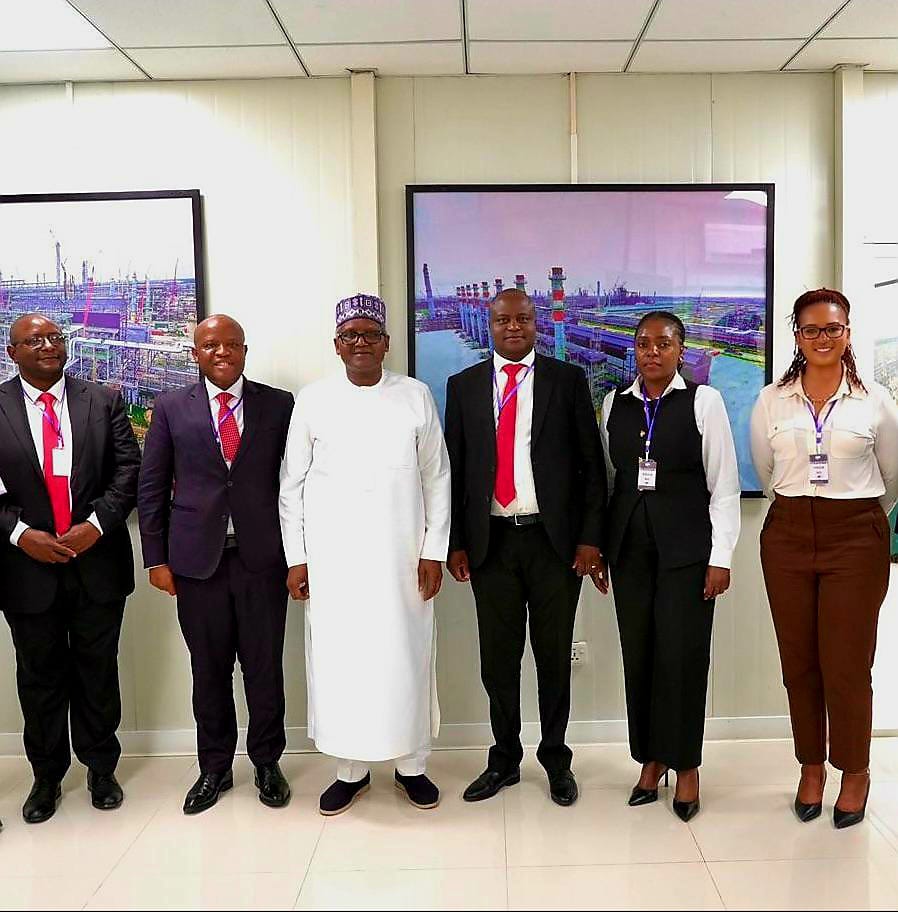
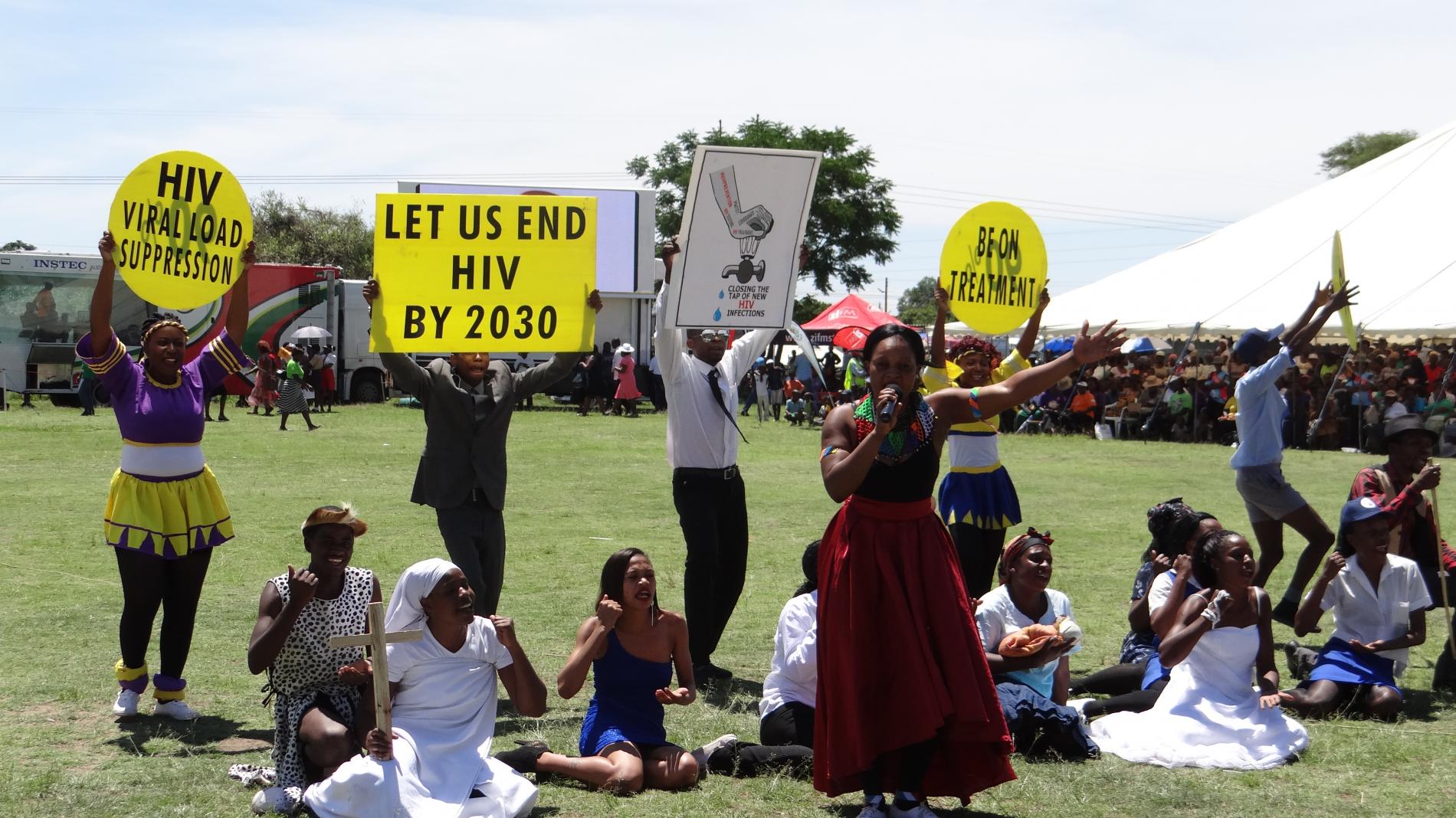
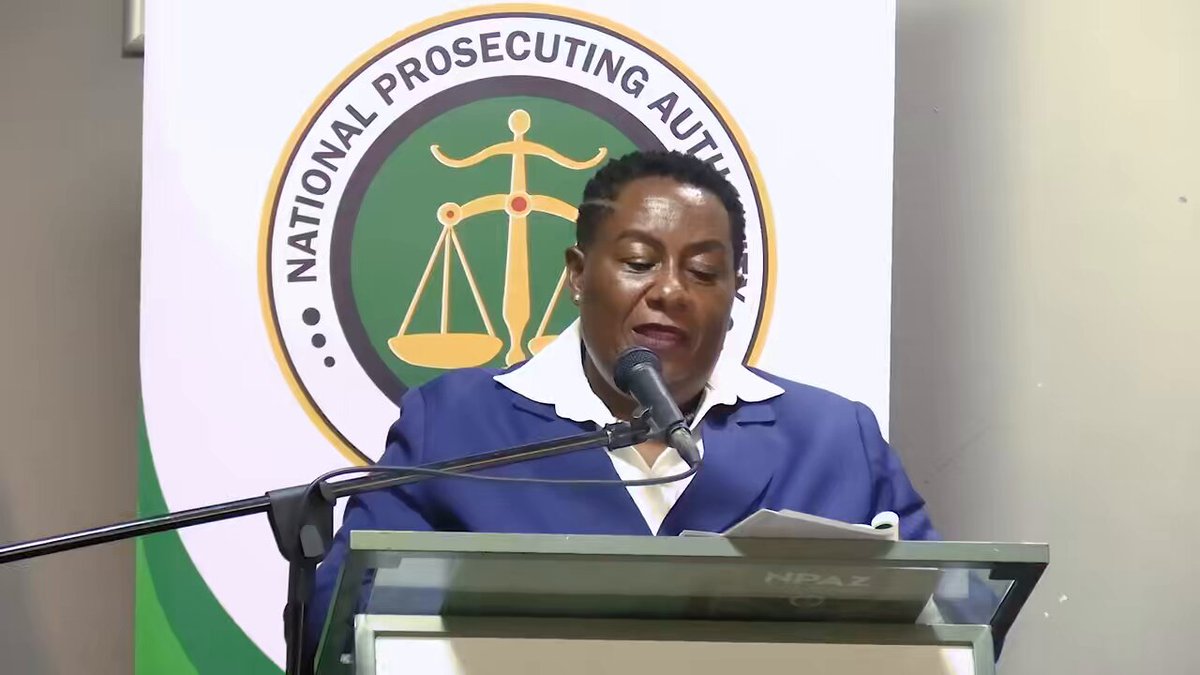


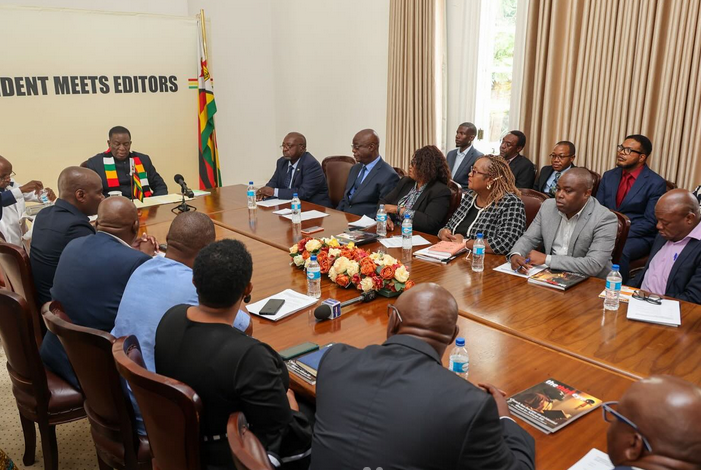
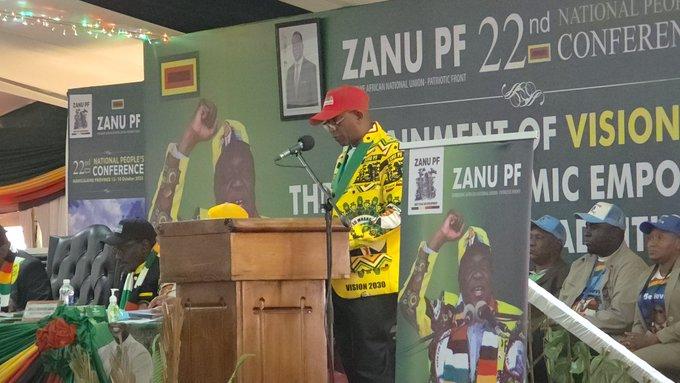

 Young Investment Professional (YIP) Graduate Programme 2019
Young Investment Professional (YIP) Graduate Programme 2019
Editor's Pick